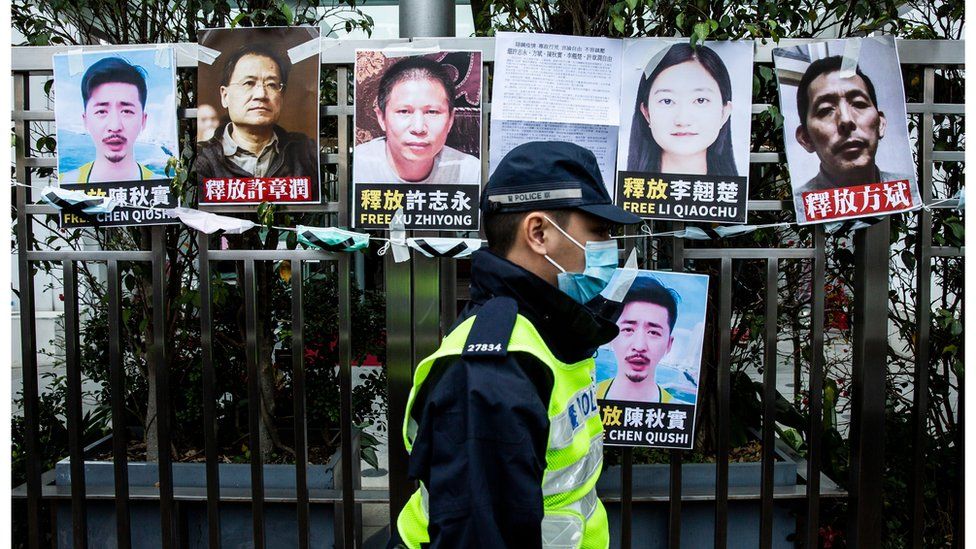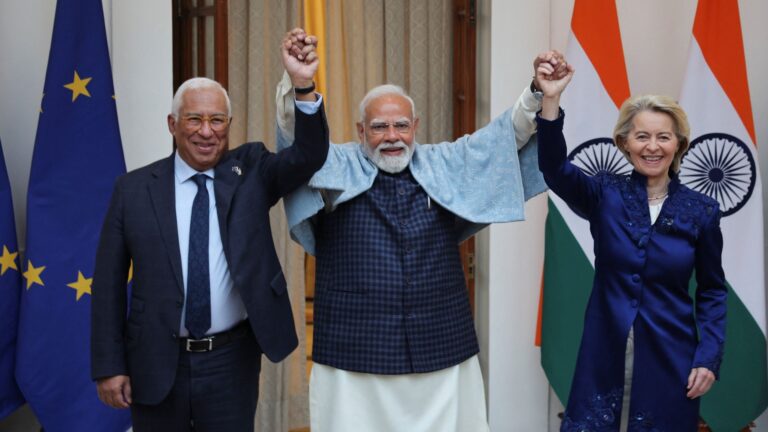
In a bold yet chilling expansion of its legal grip, Hong Kong’s government has gone global. The city’s authorities announced arrest warrants and cash bounties for 19 pro-democracy activists living abroad. Their crime? Advocating for political freedom and democratic self-determination.
Armed with the controversial National Security Law, Hong Kong is no longer just clamping down at home, it’s reaching across borders, shaking up global diplomacy and human rights circles alike.
Hong Kong’s Security Law: A License to Pursue Anyone, Anywhere
The 2020 National Security Law (NSL) gave the Hong Kong government unprecedented powers to charge individuals with secession, subversion, and collusion with foreign forces. But Article 38 of the law went further, it lets Hong Kong prosecute non-residents and foreigners, even if they’ve never stepped foot in the city.
Then came Article 23 in 2024, supercharging the law with abilities like passport cancellation, surveillance rights, and freezing overseas assets. These tools are now being used to target activists across continents, as if they never left Hong Kong.
Hong Kong’s Latest Bounty List: Who’s Being Targeted Now?
The July 2025 announcement shocked many: 19 activists, mostly based in the U.S., U.K., Canada, and Australia, now have bounties on their heads.
Hong Kong authorities claim they are members of a so-called “Hong Kong Parliament” pushing for independence.
Bounty breakdown:
- 4 top figures : HKD 1 million (USD ~127,000)
- 15 others: HKD 200,000 (USD ~25,500)

Why Hong Kong’s Crackdown Matters to the World
This isn’t just a regional issue, it’s a global red flag.
By asserting the right to arrest, punish, and silence people overseas, Hong Kong is testing the limits of international law. If left unchecked, this could become a dangerous model for other authoritarian regimes looking to silence critics living in exile.
It raises key questions:
- Can someone be punished for speaking freely in a foreign land?
- Should democracies cooperate with regimes using such laws?
World Reacts and Calls it ‘Transnational Repression’
Governments and rights groups are sounding alarms:
- U.S. State Department: Called this a clear case of transnational repression.
- U.K. Foreign Office: Warned the move threatens free expression on British soil.
- Amnesty International: Reports over 80% of NSL convictions are based on loosely worded charges and politically motivated prosecutions.
- United Nations: Raised concerns that Hong Kong’s laws violate global human rights norms.
Activists’ families are also facing pressure back home, another reminder of the law’s chilling reach.
Hong Kong is no longer just jailing voices at home, it’s trying to erase dissent across the globe. The world must now decide: Will it stand up for freedom of speech and political asylum, or allow legal overreach to go unchallenged?
As bounties hang over the heads of activists thousands of miles away, Hong Kong’s battle for its identity is now playing out on a global stage. And in this fight, silence is complicity.
For more such informative article stay tuned at The World Times



